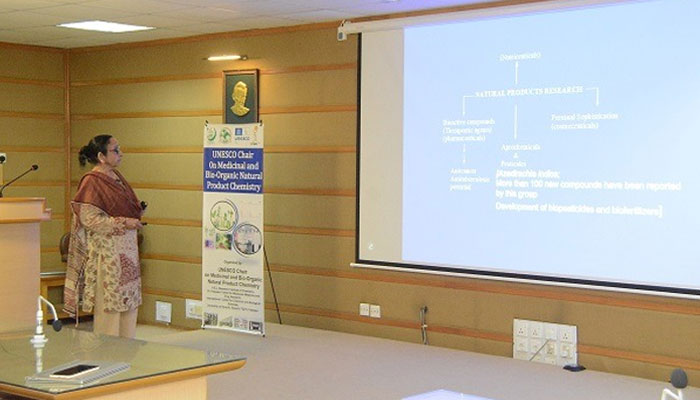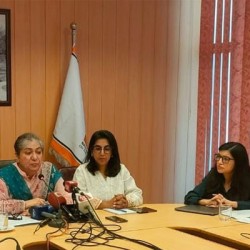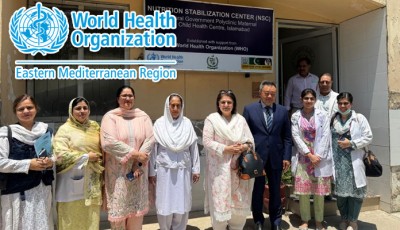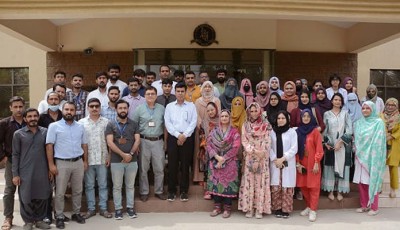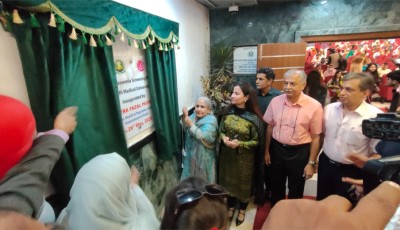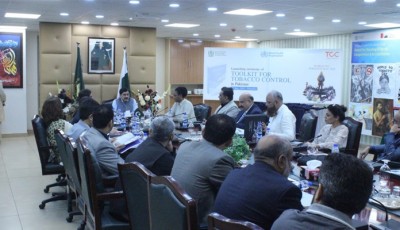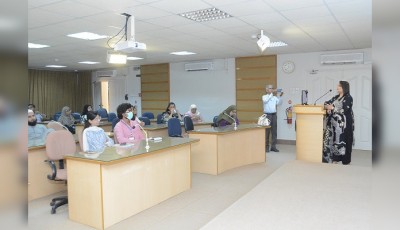KARACHI: Prof. Dr. Bina Siddiqui, a senior Pakistani scientist and noted natural product chemist, has highlighted the immense potential of natural compounds in both medicine and sustainable agriculture. Speaking at a lecture titled “Exciting Chemistry and Therapeutic/Pesticidal Potential of Natural Products” at the International Center for Chemical and Biological Sciences (ICCBS), University of Karachi, she emphasized that nature remains one of the most powerful sources of bioactive compounds used in modern science.
The event was organized by the UNESCO Chair on Medicinal and Bio-Organic Natural Product Chemistry and was attended by a large number of students, scholars, and researchers.
Dr. Siddiqui pointed out that natural products—sourced from plants, microorganisms, and marine organisms—have long served as foundations for many life-saving medicines, including anti-cancer and anti-tuberculosis drugs.
“More than 70 percent of currently available anti-cancer drugs are either natural products or derived from natural scaffolds,” she stated. “Cancer therapeutics, in particular, continues to rely heavily on nature for lead compounds and inspiration.”
She shared that over 7 million people worldwide die from cancer annually, and about 30 plant species have been identified with clinically active anti-cancer compounds, many of which are undergoing clinical trials for various tumor types.
Beyond healthcare, Prof. Siddiqui stressed the significance of natural products in sustainable agriculture. “Plants are among the most valuable gifts of nature,” she remarked. “Neem oil, for example, is a powerful natural insect repellent widely used in organic farming. Natural products play an essential role in pest control and enhancing crop yield.”
She also introduced Neem Plus, a value-added product developed from neem seeds. “Neem Plus promotes plant growth, boosts fruit production, and effectively protects crops against pests and nematodes,” she said. “It is environmentally friendly and supports sustainable farming practices.”
Dr. Siddiqui underscored that research on medicinal plants is both promising and challenging. The isolation and identification of pure, bioactive compounds require significant scientific rigor, time, and resources. Moreover, scaling up production and ensuring consistent supply of these compounds for commercial or pharmaceutical use remains a key hurdle.
“Over the past four to five decades, more than half of the chemical substances approved by regulatory authorities worldwide have been derived from natural sources,” she noted.
Concluding her address, she called for increased investment in natural product research, citing its dual benefit to both human health and environmental sustainability.
